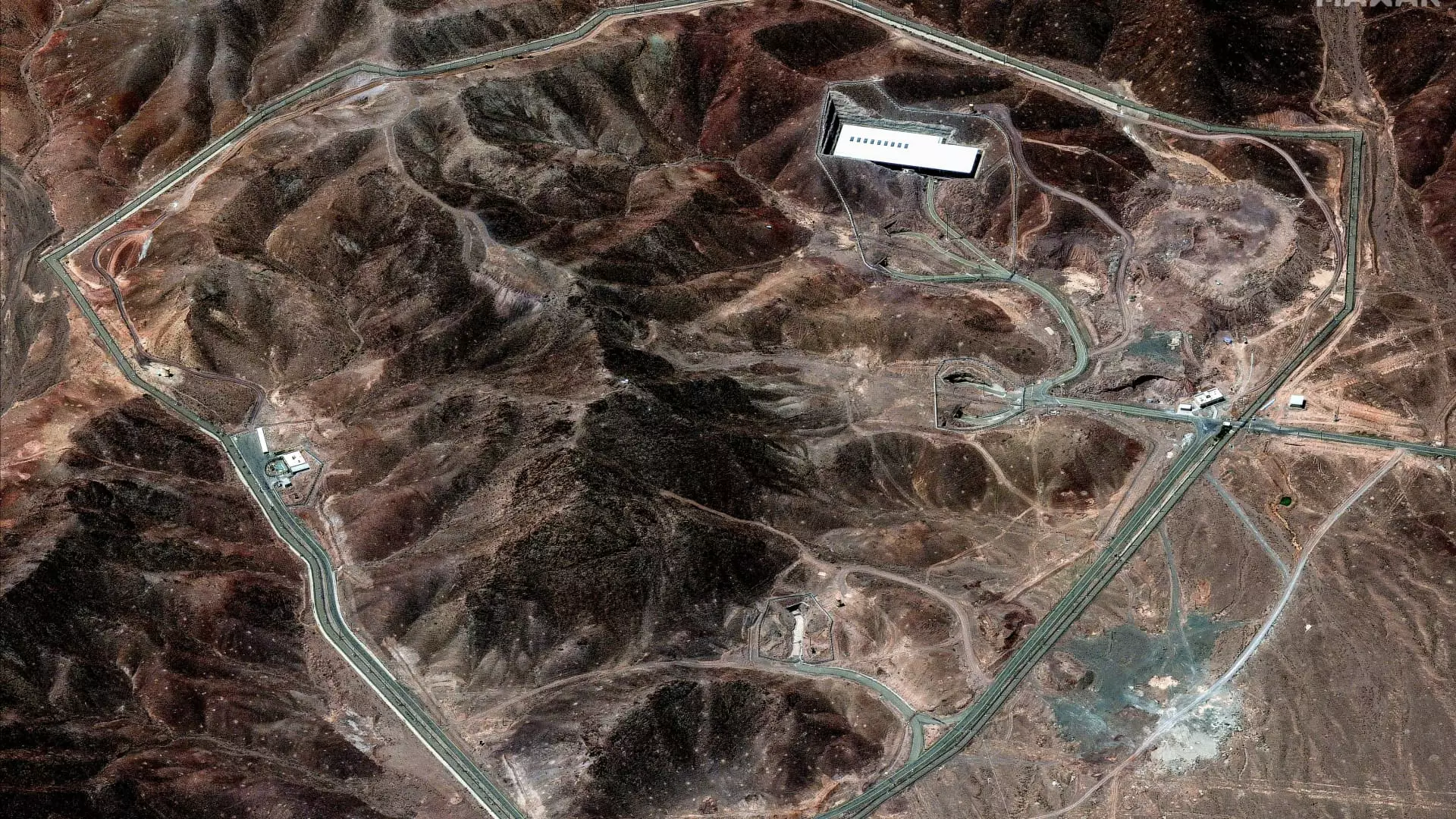The recent developments surrounding the U.S. military strikes on Iran’s Fordo facility spotlight a precarious balancing act. On one hand, we see robust assertions from U.S. intelligence that dispel claims of intelligence failures regarding Iranian nuclear advancements. On the other, the political theater surrounding these assertions raises significant questions. As Sen. Markwayne Mullin articulated, the stakes are high: there is a palpable fear that if we damage but do not dismantle Iran’s nuclear ambitions, we are merely postponing a more dangerous confrontation.
Critically speaking, the narrative that has emerged—where U.S. intelligence contradicts Israeli reports about the relocation of nuclear materials—speaks to a broader pattern of miscommunication and mistrust among nations navigating the treacherous waters of international security. Mullin’s assertion that Fordo is considered “impenetrable” reflects a significant evolution in our understanding of Iran’s nuclear strategy, suggesting that Tehran may indeed continue to become even more clandestine and resourceful, believing their facilities to be beyond reach.
The Consequences of a Preemptive Strike
President Trump’s military action, which he claims has “completely obliterated” Iran’s nuclear capabilities, should not just be heralded as a victory; it demands serious scrutiny. Indeed, such strikes often ignite a conflagration of further hostilities rather than extinguish the possibilities of warfare. Mullin’s insistence that U.S. air power can dismantle Iran’s nuclear endeavors without committing ground troops may sound appealing, but it risks underestimating the complexities of regional geopolitics.
If the military strikes fail to achieve the desired outcomes, there exists a moral and ethical obligation for the U.S. to reassess its involvement. The consequences are not just geopolitical; they penetrate the very fabric of civilian lives. The fallout from a military engagement—conventional wisdom suggests—would surely ensnare countless innocents, forcing us to reckon with our complicity in their suffering.
Furthermore, Mullin’s comments about potentially working with allies, particularly Israel, introduce another variable into this already volatile equation. While alliances can strengthen actions against perceived mutual threats, they can also spiral out of control, feeding into an endless cycle of aggression and retaliation in a region already fraying at the seams.
The Role of Intelligence and Political Responsibility
The tension surrounding the U.S. intelligence community’s reports raises critical implications for transparency and accountability within the political realm. The claims made by Sen. Mullin bring to light the potential consequences of politicizing intelligence—a dangerous spiral that can lead to heightened tensions rather than resolution. If intelligence is weaponized as a tool for policy justification, we are, in essence, compromising the credibility of the very tools we wield.
The decision to act unilaterally, without Congressional authorization, echoes an unsettling trend that should worry all of us. The United States must adhere to democratic principles that demand oversight as a safeguard against reckless foreign policy. The temptation to act swiftly in defense of national interests can often lead us to act against those very principles that founded this Republic.
Furthermore, the rhetoric surrounding the characterization of Iran as the “world’s sponsor of terror” simplifies a multifaceted conflict into a binary narrative of good versus evil. In reality, the complexities of the Middle East require a multifaceted understanding that goes beyond vilifying a single nation. Challenges to peace are not originating solely from one actor; rather, they are symptomatic of a myriad of historical grievances, regional insecurities, and sociopolitical dynamics that can only be addressed through nuanced dialogue and diplomacy.
The Need for Thoughtful Engagement
The unfolding scenario—primed for further escalation if not judiciously navigated—demands not just military vigilance but also strategic engagement. We are at a pivotal moment where a failure to consider diplomatic alternatives may lead the U.S. further down a rabbit hole of conflict from which it cannot easily extricate itself. As Senator Mullin’s comments suggest, there is an echoed sentiment that the U.S. is committed to policing nuclear proliferation; however, the path we choose needs to prioritize de-escalation and global cooperation over unilateral strikes that ignite further tensions.
In this era of international discord, we must channel our energies towards constructive diplomacy, lest we trade our integrity and moral authority for a fleeting sense of power. The hour is ripe for genuine engagement, championing dialogue over destruction, to usher in a new paradigm of peace rather than perpetuating cycles of violence.



Leave a Reply